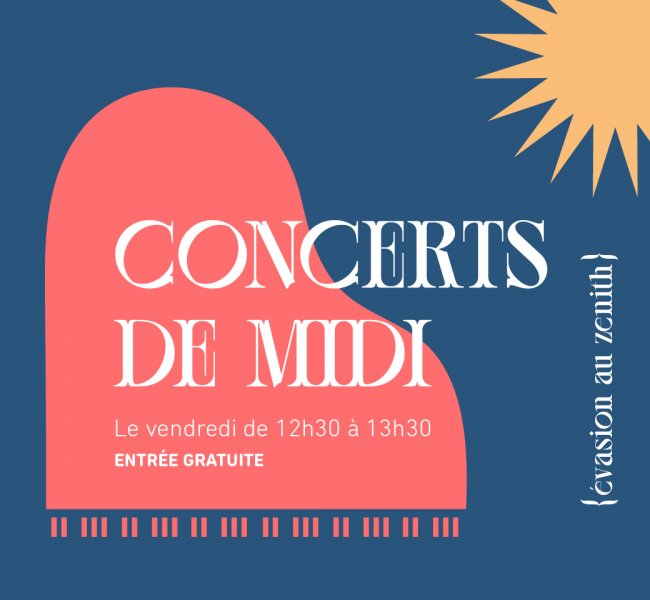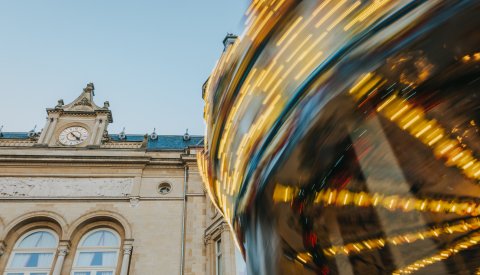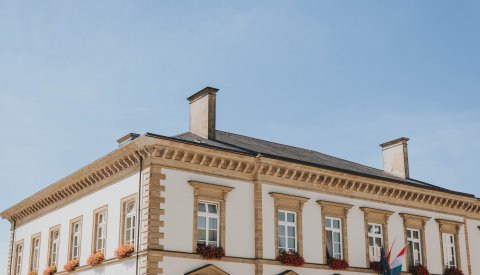Description
The cinerary tomb plot was acquired in 1989 and transferred to the City of Luxembourg in 2019. It is located in the part of the Notre-Dame Cemetery that was extended in 1971. The first cinerary tombs were laid in 1981. Although the cremation of mortal remains has been regarded as equal to burial since 1972, it was always acceptable to place an urn in a traditional plot. The City of Luxembourg protects the plot to commemorate the musician Johny Glesener.
Johny Glesener (1914–1989) was a Luxembourg jazz pianist and arranger, born on 5 April 1914 in Niederwiltz. He is considered one of the pioneers of Luxembourg jazz music.
Johny Glesener was a garage mechanic by profession. He began his career as a pianist at the Le Perroquet bar in the Carlton Hotel on Rue Dicks. He then played with the Andy Felten Sextet at the An der Stuff restaurant on Rue des Capucins. He was invited to Switzerland, Belgium and the Netherlands for concerts. He played in the orchestra of Englishman Tom Dalimore on Radio Luxembourg in 1945. Playing in various Radio Luxembourg ensembles, Glesener developed an international reputation as a musician and arranger. He formed his own Johny Glesener Orchestra in 1948. The ensemble performed at balls, tea dances, weddings, fashion shows, inaugurations, dances, company parties, fairs, gala evenings, graduations, and more. He played in the jazz and dance bands All Stars and The Brothers. He formed fixed ensembles with between seven and nine musicians, including the renowned Johny Glesener Seven. He hired Andy Felten and singer Lilly Collin to go to France. In Nancy, Glesener made several recordings for French radio. In the early 1950s, he accompanied well-known singers such as Les Soeurs Étienne, Vico Torriani and Suzy Solidor on trips abroad with his group. In Strasbourg he was hired to handle the musical direction of French television.
His discography and own compositions include the 1967 hits "Dis-lui, ami" and "Christina", written by Johny Glesener and Johny Horn. His "AMIPERAS Marsch" (1966) was very popular in Luxembourg.
In addition to rhythm piano, Glesener played the guitar, vibraphone, accordion, electric organ and double bass.
On Radio Luxembourg, he hosted the programmes "Piano Moods by Johny Glesener (1944–1948)", "Kulturell Hallef Stonn" and "Zum Thema Jazz" until the 1970s. He was a member of the jury for the Béierlidd Concours.
For cinerary tombs, the City of Luxembourg has ensured a high degree of homogeneity by requiring an unpolished granite slab with milled and polished lettering.













